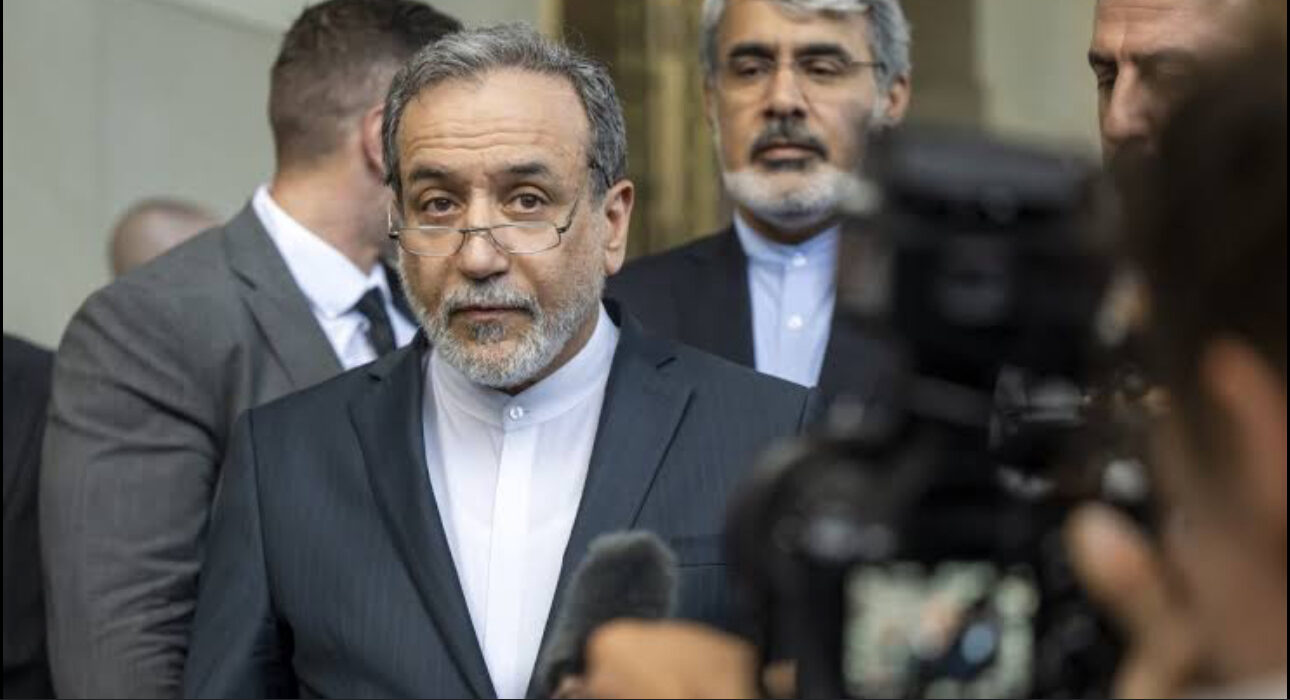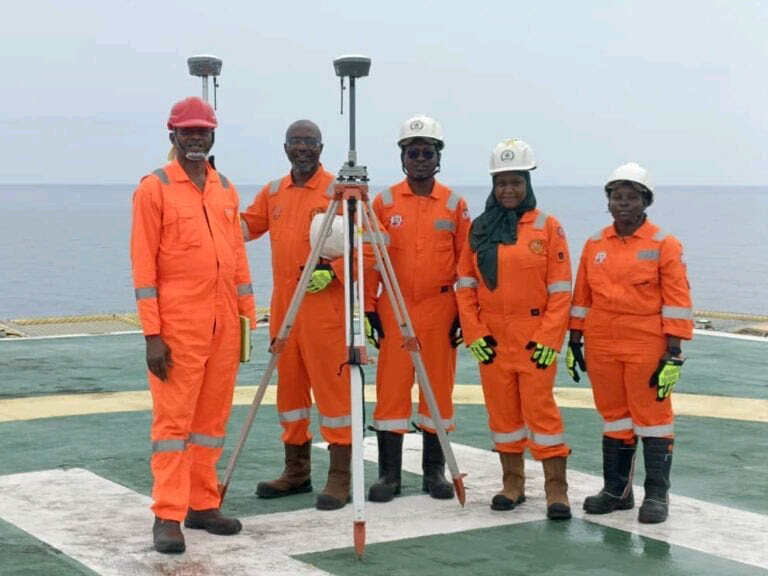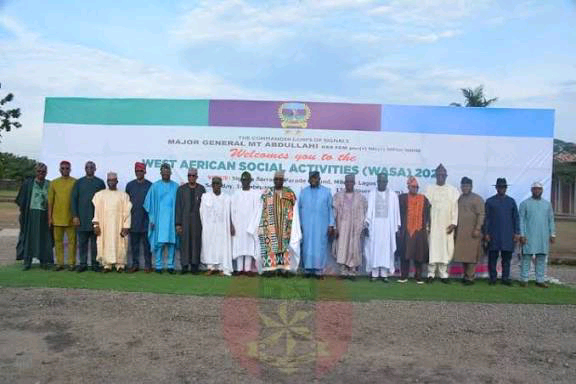Iran Halts Nuclear Talks with U.S., Demands End to Israeli Strikes

Iran has formally suspended nuclear negotiations with the United States, declaring it will not engage in any diplomatic talks until Israel ceases its ongoing airstrikes against Iranian territory.
The announcement was made by Iranian Foreign Minister Abbas Araqchi during a high-stakes diplomatic meeting with European representatives in Geneva. Araqchi firmly stated that Iran “will not negotiate under fire,” criticizing the United States for what he called its “tacit approval” of Israeli aggression.
“Engaging in talks while bombs fall on our people and infrastructure is both immoral and unacceptable,” Araqchi said. “The U.S. must first rein in Israel’s reckless actions before expecting any meaningful engagement from Tehran.”
The diplomatic standoff follows an intense week of Israeli air raids across multiple Iranian cities, including reported strikes near nuclear and missile development sites. Though Israel has not confirmed all operations, the Israeli Defense Forces have acknowledged “preemptive actions” targeting threats from Iranian soil.
Iran has responded with air defense measures and stern warnings, heightening fears of a broader regional conflict. The United Nations has urged both nations to de-escalate, warning that the ongoing hostilities pose a threat to global security, particularly due to the presence of sensitive nuclear facilities.
U.S. President Donald Trump, who has imposed a two-week deadline for Iran to return to negotiations, expressed frustration with Tehran’s latest stance. While the White House reiterated its preference for diplomacy, it has also signaled readiness to pursue military options should talks collapse.
European powers—particularly France, Germany, and the United Kingdom—have stepped in as mediators, seeking to bridge the growing gap between the two adversaries. EU officials reportedly urged Iran to reconsider its withdrawal and emphasized the importance of averting a larger war.
Despite European appeals, Araqchi stood firm, saying Iran remains open to indirect discussions but would not participate in formal nuclear negotiations under what he termed “an atmosphere of warfare and intimidation.”
The breakdown in talks could jeopardize years of international efforts to limit Iran’s nuclear capabilities. It also places added pressure on U.S. allies in the Middle East, who fear that a failure to resolve the impasse diplomatically may trigger widespread instability across the region.
As Iran holds its line and Israel maintains its military posture, the world now faces a precarious moment where diplomatic failure could lead to conflict escalation with unpredictable consequences.
For now, the hope of a breakthrough hinges on whether the fighting can be paused long enough for diplomacy to resume—a prospect that remains uncertain in the face of intensifying hostilities.









